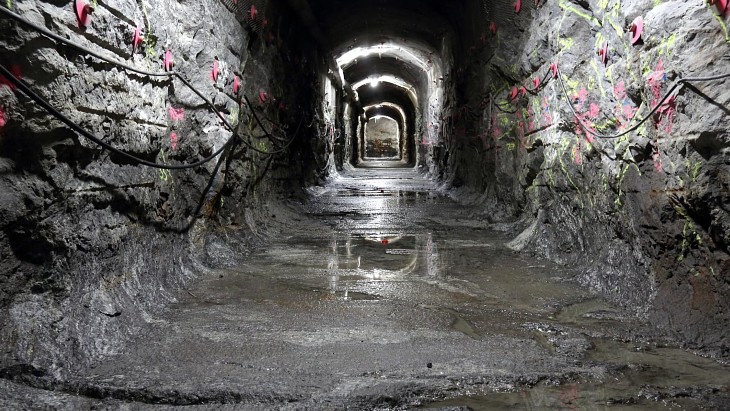Leading figures in Britain's environmental movement today announced policy u-turns and called for the 'embrace' of nuclear power.
 |
| The Zwentendorf nuclear power plant in Austria was meant to provide 10% of the country's power but an anti-nuclear campaign saw that need met by coal |
"What's happened is that we've woken up to the very serious climate-change problem, the essential task of reducing carbon dioxide emissions and the need to decarbonise electricity over the next 20 to 30 years," said Lord Smith, who chairs the Environment Agency.
New Statesman writer Mark Lynas, who published a 'coming out' piece on his new views on nuclear power last year, said the anti-nuclear campaigns of the past "will come to be seen as an enormous mistake for which the Earth's climate is now paying the price." He cited the case of Austria where coal-fired capacity was brought online after the Zwentendorf nuclear power plant was stopped from ever operating, despite being fully constructed.
In a comment piece, Chris Goodall of the Green Party called for a realistic debate on energy policy, even describing certain drawbacks of renewable sources and the "cautionary tale" of Germany, where coal power is also likely to replace nuclear plants closed early after the policies of that country's Green Party.
Stephen Tindale ran the UK branch of Greenpeace from 2000 to 2005. He told the newspaper, "It was like a kind of religious conversion. Being anti-nuclear was an essential part of being an environmentalist for a long time." He now
Follow-up |
Greenpeace UK told World Nuclear News in an emailed statement, "we've disagreed with our former head Stephen Tindale about nuclear power for a while now, because it's clear to us that nuclear power can’t solve the problem of climate change." The group said that nuclear power would not significantly impact the amount of coal that China and India would use and "the first and most effective action is to use our energy more efficiently."
Tindale's announcements echoes that of Patrick Moore, one of the Canadian founders of Greenpeace. Moore now advocates the use of nuclear power and large hydro for low-carbon power generation, as well as managed forestry and the widespread use of wood to help remove carbon dioxide from the air.







_53514_33880.jpg)




